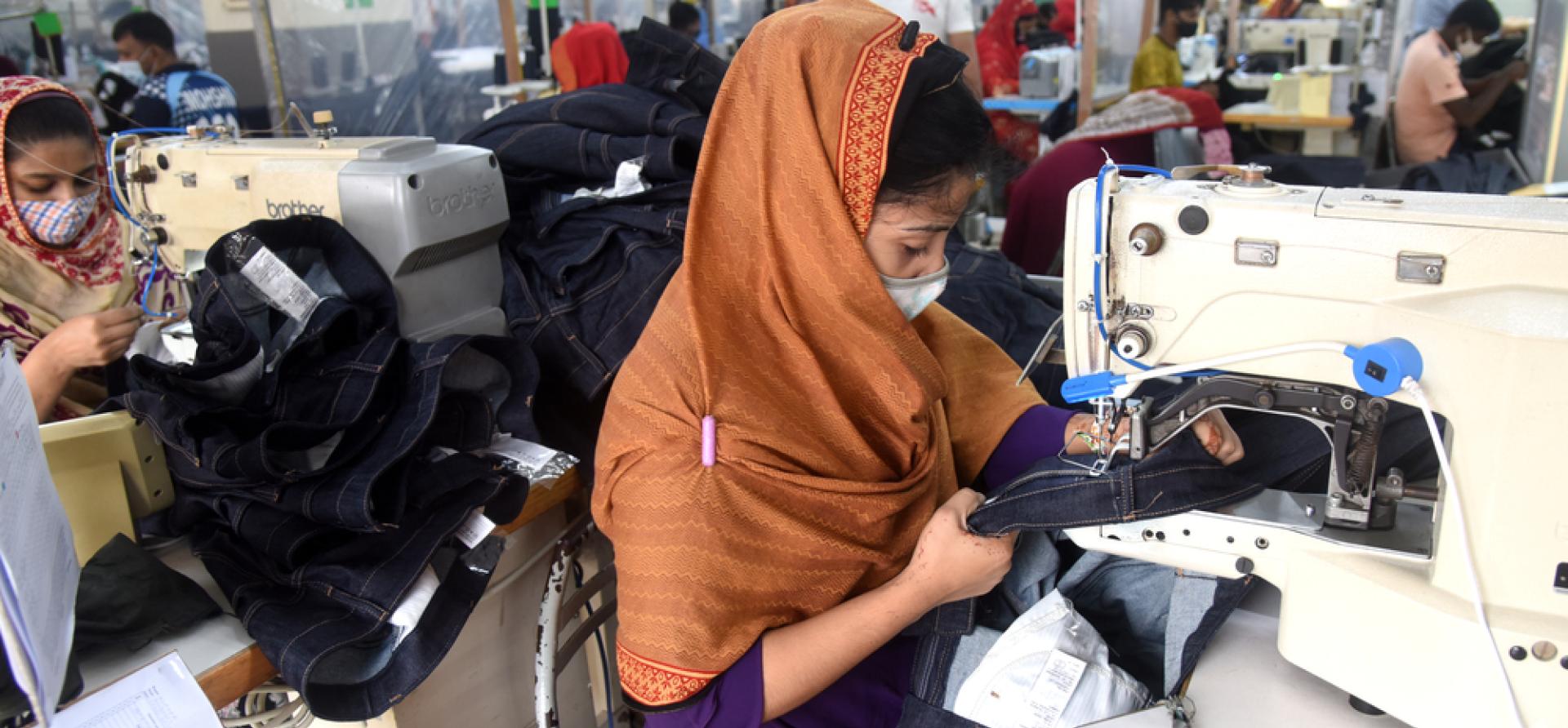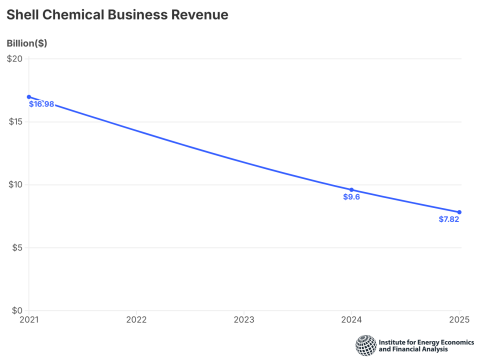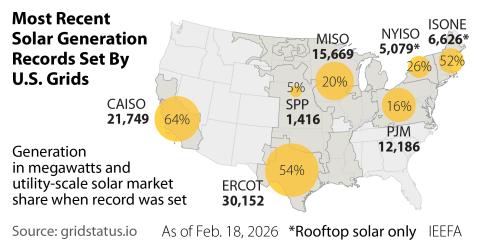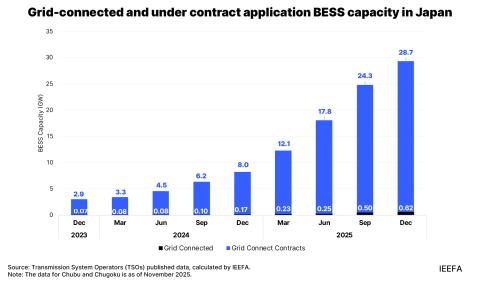Industrial energy efficiency offers a multitude of benefits to Bangladesh

Key Findings
Since Bangladesh heavily relies on imported fossil fuels and has already experienced the shocks of the turbulent international fuel market, the country should pursue energy efficiency with priority.
Industrial energy efficiency could help avoid 30% of Bangladesh’s LNG imports, create job opportunities both for technical and financial professionals, open new business avenues for private technology providers and financial institutions and may even lead to the formation of energy service companies (ESCOs) that provide specialised energy efficiency services.
The government revised the energy efficiency conservation rules in February 2023, stipulating the timeline to initiate mandatory energy auditing by different sectors, including industries. An annual/periodic energy savings target for designated industrial consumers would be an important stepping stone to reduce the growing consumption and contain energy wastage.
Bangladesh can enjoy the dividends of large industrial energy efficiency potential if industries gear up the timely investment.
For Bangladesh's industries to remain competitive in an environment of highly volatile fossil fuel prices in the international markets and rising energy tariffs, a single solution will not be the answer. Cheap rooftop solar can reduce energy costs and emissions, but its industries must also fully utilise readily available energy efficiency measures.
The recent directive on mandatory energy auditing, as included in the revised energy efficiency and conservation rules, is a step towards enhanced energy efficiency in different sectors, including industries.
A country like Bangladesh, which relies heavily on imported fossil fuels and has already experienced the shocks of the turbulent international fuel market, should prioritise energy efficiency. The impacts of successful energy efficiency interventions span through the different sectors of an economy – with reduced energy demand, fewer energy imports and lower costs, among other benefits.
Industrial energy efficiency potential in Bangladesh
Studies substantiate that Bangladesh's major industrial sectors have quite a high energy efficiency potential. For instance, the garments and textile sectors, which have a combined contribution of more than 80% of Bangladesh's export earnings and over 10% of the country's gross domestic product (GDP), can enhance aggregate energy efficiency by 25% to 31%.
Likewise, with targeted energy efficiency measures, steel and cement industries may reduce energy consumption by 22% to 32% and 21% to 28%, respectively. Other prominent industry sectors can achieve significant energy savings, too.
Industrial energy efficiency rationale
Energy efficiency is vital for Bangladesh's industries, even from the perspective of meeting their global clients' ever-increasing environmental, social and governance (ESG) requirements.
For instance, Bangladesh's garment manufacturers need to fulfil international buyers' obligation to cut greenhouse gas (GHG) emissions. Moreover, Bangladesh Garment Manufacturers and Exporters Association (BGMEA) signed the United Nations fashion industry charter for Climate Action with the United Nations Framework Convention on Climate Change (UNFCCC) for a 30% reduction in GHG emissions of the sector by 2030.
While rooftop solar is a cheap source of clean energy, the average use of this intervention for four to five hours daily will not take the apparel sector close to the 30% GHG mitigation target. This is because the sector consumes a significant amount of natural gas in processes and captive generation. Therefore, the GHG mitigation target will compel them to undertake energy efficiency measures.
Additionally, the record gas price hike in January 2023 and the increase in electricity tariffs three times in quick successions from January to March 2023 substantiate a strong business case to deploy energy-efficient technologies by industries of all sectors. The government may raise electricity prices again in June 2023 as challenges remain over continuous electricity and other energy supply owing to insufficient fuel imports. Such a cocktail of uncertainties seems to be the motivation for promptly increasing efficiency in energy use.
Broader impacts of industrial energy efficiency
The maximum electricity demand served by the Bangladesh Power Development Board (BPDB) was 15,648 megawatts (MW) on 19 April 2023, compared to 14,782MW served on 16 April 2022, representing at least a 5% increase in peak demand.
Additionally, some 97 new economic zones are in different stages of development and are likely to attract increased investment in manufacturing industries. As such, the demand for electricity and other energies may soar in the next few years.
In such a scenario, enhancing energy efficiency on the demand side would have a multitude of impacts on the economy. Notably, the existing industries consumed natural gas of approximately 191 billion cubic feet (bcf) in production processes and 176bcf in captive power generation, respectively, during the fiscal year (FY) 2021-22 (FY2021-22). The combined consumption of 367bcf represents a 36% share of the national gas consumption.
On the other hand, Bangladesh reportedly imported 240bcf of liquefied natural gas (LNG) in FY2021-22. Even a 20% increase in the efficiency of industrial gas consumption could result in annual savings worth 73.4bcf of LNG. Industrial energy efficiency could thus help avoid 30% of Bangladesh's LNG imports.
Similarly, energy efficiency in the existing industries would reduce grid-based electricity consumption, allowing the conserved energy to use in the to-be-built industries.
Overall, the BPDB will be able to manage electricity demand, while the government will find itself in a more comfortable position by containing costly fossil fuel imports.
Industrial energy efficiency will also create job opportunities, both for technical and financial professionals. Private technology providers and financial institutions will then explore new business avenues. In addition, a rapid scale-up of industrial energy efficiency may lead to forming energy service companies (ESCOs) that provide specialised energy efficiency services.
Additionally, competitiveness in the international market, particularly for export-oriented industries, is paramount. Energy efficiency and conservation would help these industries reduce energy consumption and associated costs and offer competitive prices for their products.
Mandatory energy auditing for selected industries
The government approved the energy audit regulations of Bangladesh with a gazette notification on 2 August 2018. The government further revised the energy efficiency conservation rules in February 2023, stipulating the timeline to initiate mandatory energy auditing by different sectors, including industries.
Designated consumers that use energy beyond some fixed thresholds will need to conduct energy audits and submit reports to the Sustainable and Renewable Energy Development Authority (SREDA) on annual energy consumption. SREDA is also carrying out certification of energy auditors and energy managers, creating a pool of experts.
All these would develop an enabling environment for periodic energy auditing in industries. In addition, mandatory reporting of the designated consumers of the selected sectors, based on energy audits, will help create a data repository at SREDA.
While the energy efficiency and conservation master plan has stipulated a goal of reducing 20% energy intensity per GDP by 2030, there are no sector-specific targets yet. To that end, an annual/periodic energy savings target for designated industrial consumers will be an important stepping stone to restricting consumption growth and containing energy wastage.
Industries will then feel the urge to appoint energy managers to meet the energy savings target. Additionally, mandatory energy auditing will create jobs for certified energy auditors.
Finally, Bangladesh can enjoy the dividends of its large industrial energy efficiency potential if industries gear up timely investment.
This article was first published in World Economic Forum.
















